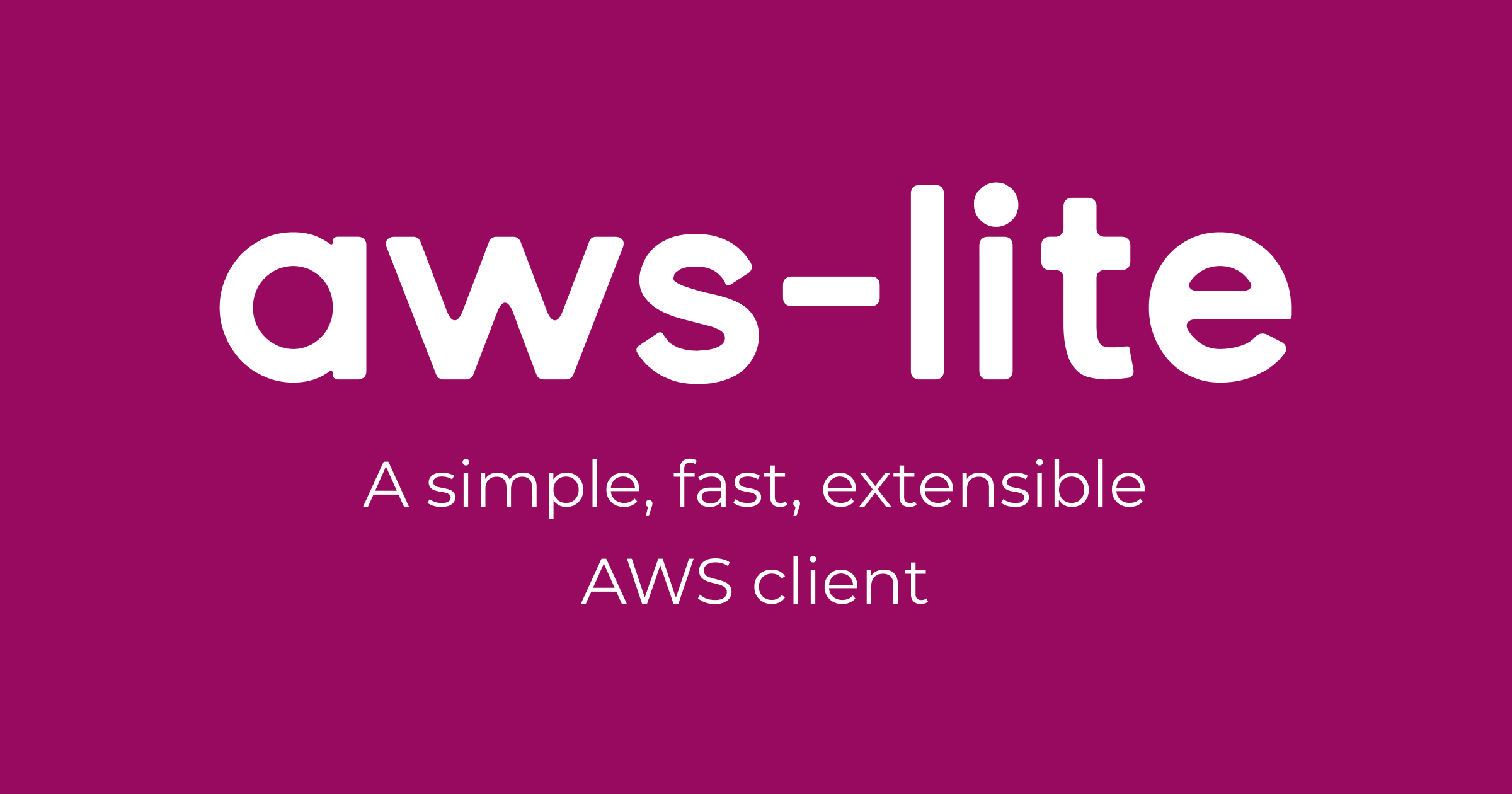
With Gratitude We Say Goodbye: Sunsetting Begin
Begin joins Sanity

Brian LeRoux
2 mins to read

Begin joins Sanity

Brian LeRoux
2 mins to read

Introducing a new plugin for Architect and Enhance projects to block AI crawler bots.

Simon MacDonald
2 mins to read

Brian recently joined Noel Minchow to discusses the evolution and rise of serverless full stack development. Brian shares insights on the history and future of JavaScript, the benefits of serverless architecture, and how front-end developers can leverage these technologies to build scalable and maintainable applications.

Simon MacDonald
0 mins to read

Learn about island architecture with web components and how it fits seamlessly with Enhance's philosophy.

Simon MacDonald
4 mins to read

WebAuthn offers a passwordless approach to security that's both robust and user-friendly. It's already built in to all major browsers and implementation isn't a ton of work - especially if you use Architect.

Taylor Beseda
5 mins to read

Let's build a component that allows users to select their preferred operating system while viewing documentation.

Simon MacDonald
8 mins to read

Enhance makes it easy to build applications composed of web components. Each component encapsulates its own UI and functionality. However, under some circumstances you may need to communicate between components to share data or react to changes elsewhere on the page.

Simon MacDonald
8 mins to read

Brian recently joined Jerod Santo on the Changelog's JS Party podcast to talk about how the Enhance team is bringing server side rendered web components to everyone. With Enhance WASM, you author components in friendly, standards based syntax and reuse them across multiple languages, frameworks & servers.

Simon MacDonald
1 mins to read

What if the AWS SDK was really fast? What if it had a much simpler interface, and great error handling? Or built-in debugging output? What if it had its own API for integrating with your unit tests? What if its docs were, like, ok? And what if you could build your own custom plugins?

Simon MacDonald
1 mins to read

We know you like TypeScript. We’ve seen how often you search for TypeScript on the Enhance documentation site. We’ve heard from users on our Discord that they want a way to work with TypeScript in their Enhance projects.

Simon MacDonald
3 mins to read

Developers want to build sites with custom components, companies want to reuse those components on all their sites, users want those sites to be fast, and everyone wants them to be stable.

Ryan Bethel
11 mins to read

We are excited to participate in the first annual JS Naked Day.

Simon MacDonald
1 mins to read

Say hello to Enhance WASM — backend agnostic server-side rendering for web components.

Brian LeRoux
3 mins to read

Say hello to Enhance Image — a single file component for Enhance that makes creating and implementing responsive images easy!

Cole Peters
11 mins to read

Frequently, we are asked by React developers why patterns they have learned while writing components using JSX do not translate to writing web components. In this post, I'll try to capture some common gotchas that developers coming from React or other JavaScript view frameworks may run into when writing plain vanilla web components.

Simon MacDonald
6 mins to read

Learn more about how to migrate to Begin Deploy, AWS, or other services

Brian LeRoux
2 mins to read

A new version of Begin build with HTML web components.

Brian LeRoux
2 mins to read

It’s 2024, and you are about to start a new project. Do you reach for React, a framework you know and love or do you look at one of the other hot new frameworks like Astro, Enhance, 11ty, SvelteKit or gasp, plain vanilla Web Components?

Simon MacDonald
8 mins to read

In two recent episodes of the ShopTalk podcast, Dave Rupert and Chris Coyier talked about Web Component Therapy. Chris and Dave have a few concerns about web components that require therapy. I’ve decided to put those concerns on the couch to see if we can talk through some solutions to these issues.

Simon MacDonald
6 mins to read

Here is an explanation of our recommended client side reactive state management approach if you need one. The client side API pattern has three main parts: 1. Reactive data store to share state changes throughout the app. 2. A web worker to move slow operations like Fetching off the main (UI) thread. 3. An API helper to wrap up these pieces of code and handle message passing between them.

Ryan Bethel
11 mins to read